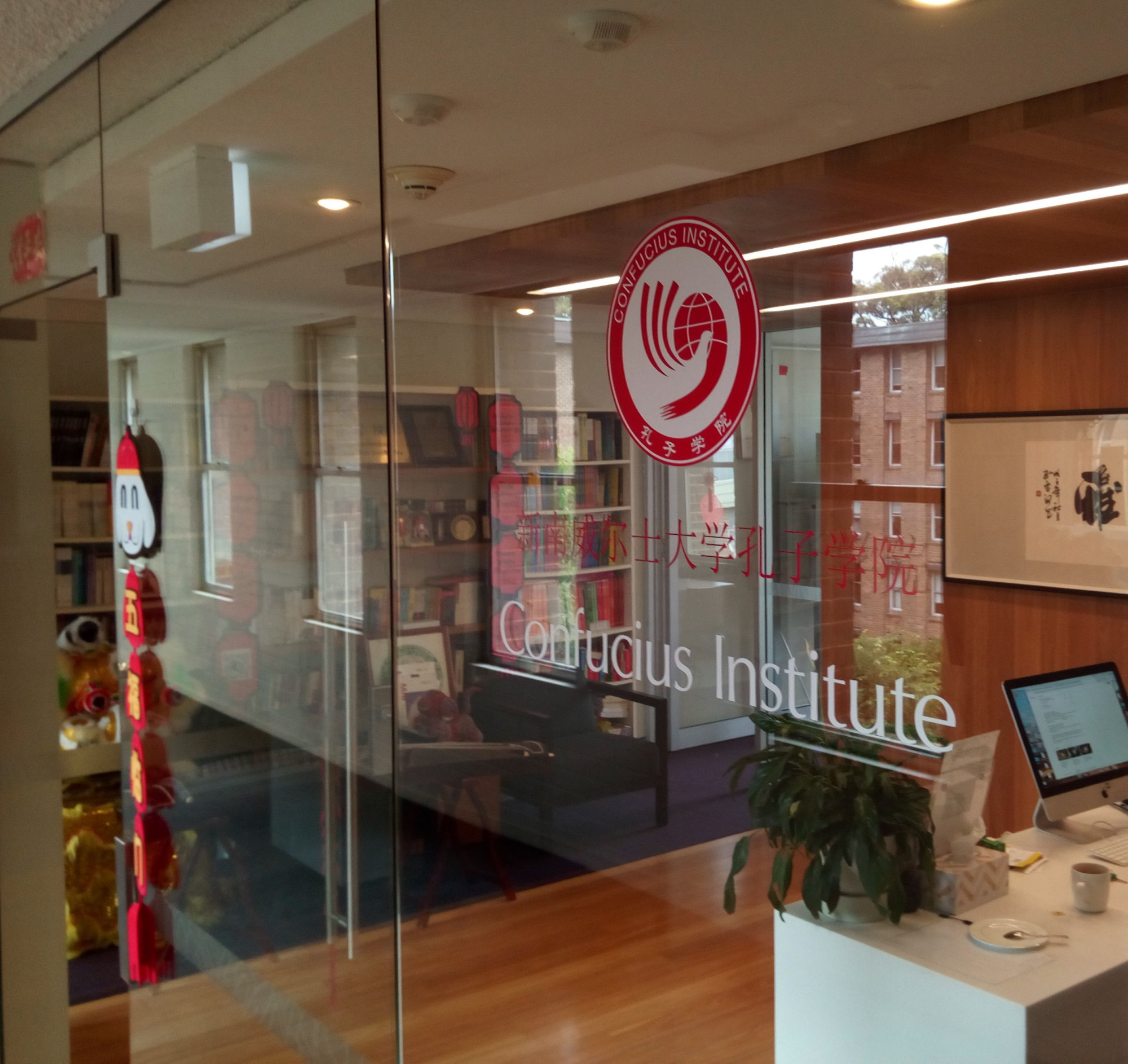In April 2010, there was a scandal over the Confucius Institute at Osaka Sangyo University in Osaka. During meetings discussing a proposed relocation of the institute between campuses, the director of the University Affairs Board denounced it as a "cultural spy agency" for China and "a 'soft landing' for China's expansionism." Chinese overseas students at the university reacted angrily to his accusations; two months later he was asked to resign, and the university published a letter officially apologizing for his "inappropriate and insensitive remarks."
This incident was recently covered in a series of articles by the Sankei News, which critically examined the organizational impact of Confucius institutes based in Japanese, American and Australian universities. Such incidents highlight some difficult decisions for educational institutions in Japan and elsewhere engaging with Chinese soft- power initiatives.
For their supporters, Confucius Institutes are educational "non-profit public institutions which aim to promote Chinese language and culture in foreign countries" and to encourage international understanding and exchange. However, for their critics, they are — alongside research funding tie-ups and investment from China — Trojan horses for Chinese Communist Party (CCP) influence in universities.


















With your current subscription plan you can comment on stories. However, before writing your first comment, please create a display name in the Profile section of your subscriber account page.